"The beach is called 'Pane e pomodoro’ ('Bread and Tomato'). The name says it all. This isn’t the kind of beach where cruise ships pull in. It’s a beach for everyday people. In front, the sea. Behind, the Armando Perotti seafront promenade. At the far end, on Punta Perotti, all you can see is a wall: a massive concrete block with window holes.
It’s noon, and the beach is crowded. Families, children. […]
A middle-aged woman, pointing toward the buildings at Punta Perotti: 'Do you think that’s fair?' she says, just like that: 'Do you think that’s fair?' and shakes her head. The word ‘fair' seems fitting to her, and she repeats it. 'Yes, fair. They’ve stolen our view. Bari has changed here—and for the worse, hasn’t it?’ ‘I’d say you’re right, ma’am,' I answer. Every now and then, when the wind drops, it feels as if the sun shifts into a higher gear, like an engine roaring louder. Handkerchiefs flap, plastic water bottles lift into the air. […]
Now a wiry, dark-skinned little man speaks up. […]
'They said they’d tear it down, but who believes that? Money walks.' 'Excuse me?' I ask. 'Money goes wherever it wants,' he explains. 'Right.'
Now it seems I have more or less all the information I needed. […] The 'Pane e pomodoro' beach is always full. The sun is beautifully warm, and the view is splendid. As long as you don’t look toward Punta Perotti."
(Emilio Tadini, Bari, tra i bagnanti del lungomare: "Così quei palazzoni ci hanno tolto la vista”. Punta Perotti, in spiaggia con il mostro, "Corriere della Sera”, June 12, 2000)
Carlo Orsi’s photographs accompany a four-part report by Guido Vergani, published in Corriere della Sera—one of Italy’s leading daily newspapers—between July 17 and August 7, 2000, on some of the most striking cases of illegal construction in Italy. Vergani sheds light on the bureaucratic and legal battles—often dragging on for decades—surrounding building projects that put profit and speculation ahead of environmental concerns. From Portovenere to the Punta Licosa National Park in Salerno, Orsi captures reinforced-concrete skeletons clashing with their surroundings: true “monsters” that, in some images, loom as haunting presences, overshadowing the beauty of the landscapes they inhabit.
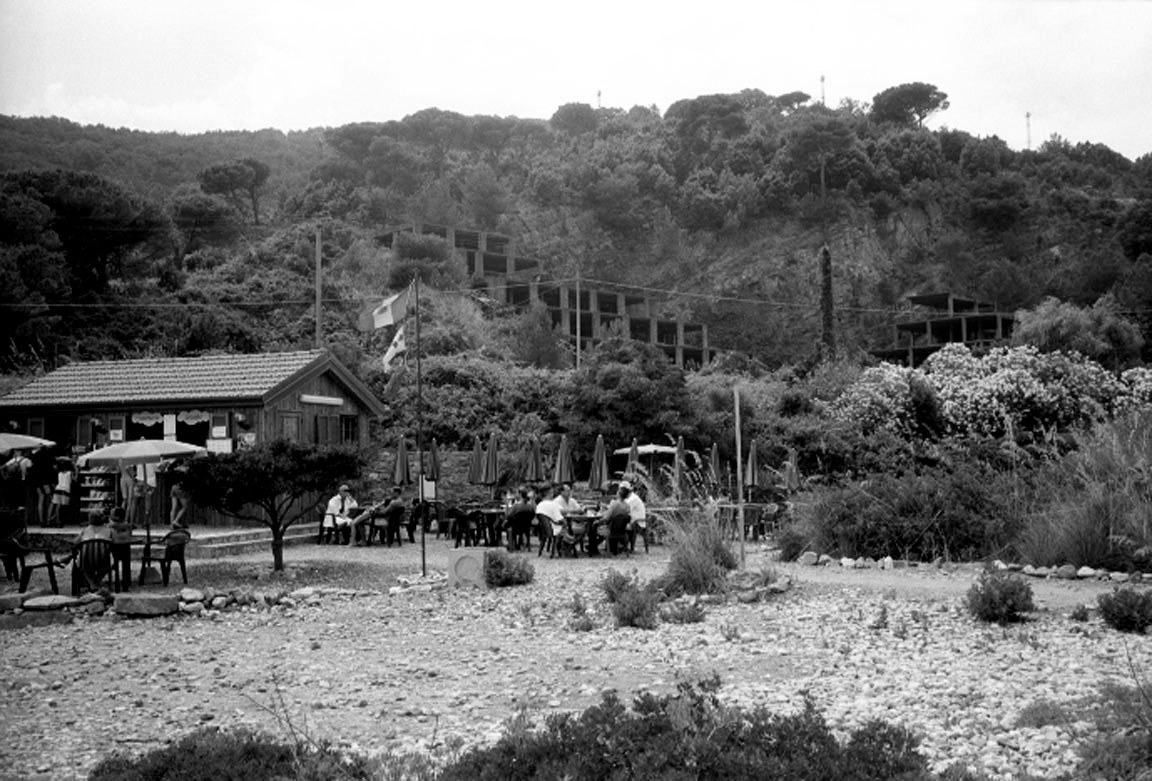
"The beach is called 'Pane e pomodoro’ ('Bread and Tomato'). The name says it all. This isn’t the kind of beach where cruise ships pull in. It’s a beach for everyday people. In front, the sea. Behind, the Armando Perotti seafront promenade. At the far end, on Punta Perotti, all you can see is a wall: a massive concrete block with window holes.
It’s noon, and the beach is crowded. Families, children. […]
A middle-aged woman, pointing toward the buildings at Punta Perotti: 'Do you think that’s fair?' she says, just like that: 'Do you think that’s fair?' and shakes her head. The word ‘fair' seems fitting to her, and she repeats it. 'Yes, fair. They’ve stolen our view. Bari has changed here—and for the worse, hasn’t it?’ ‘I’d say you’re right, ma’am,' I answer. Every now and then, when the wind drops, it feels as if the sun shifts into a higher gear, like an engine roaring louder. Handkerchiefs flap, plastic water bottles lift into the air. […]
Now a wiry, dark-skinned little man speaks up. […]
'They said they’d tear it down, but who believes that? Money walks.' 'Excuse me?' I ask. 'Money goes wherever it wants,' he explains. 'Right.'
Now it seems I have more or less all the information I needed. […] The 'Pane e pomodoro' beach is always full. The sun is beautifully warm, and the view is splendid. As long as you don’t look toward Punta Perotti."
(Emilio Tadini, Bari, tra i bagnanti del lungomare: "Così quei palazzoni ci hanno tolto la vista”. Punta Perotti, in spiaggia con il mostro, "Corriere della Sera”, June 12, 2000)
Carlo Orsi’s photographs accompany a four-part report by Guido Vergani, published in Corriere della Sera—one of Italy’s leading daily newspapers—between July 17 and August 7, 2000, on some of the most striking cases of illegal construction in Italy. Vergani sheds light on the bureaucratic and legal battles—often dragging on for decades—surrounding building projects that put profit and speculation ahead of environmental concerns. From Portovenere to the Punta Licosa National Park in Salerno, Orsi captures reinforced-concrete skeletons clashing with their surroundings: true “monsters” that, in some images, loom as haunting presences, overshadowing the beauty of the landscapes they inhabit.
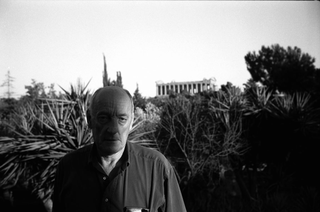
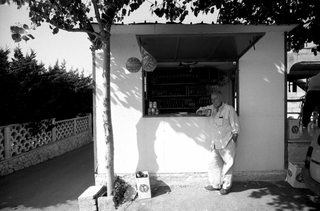
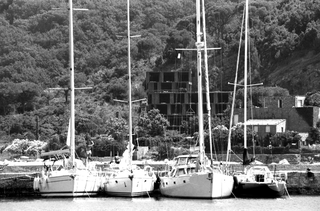
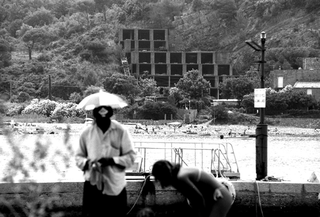
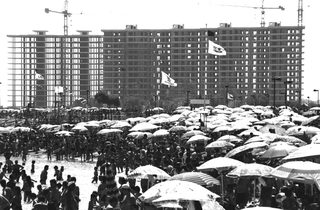
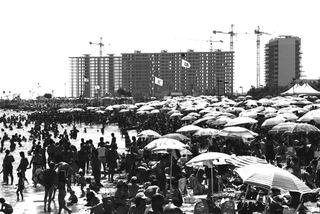
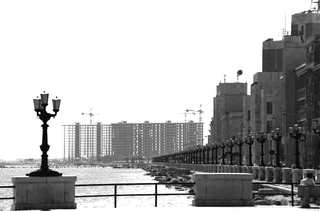
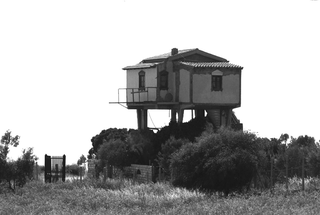
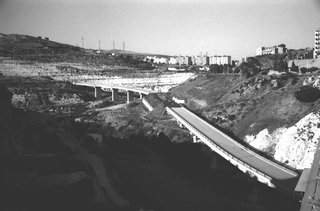
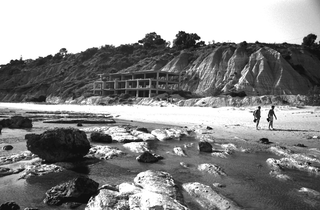
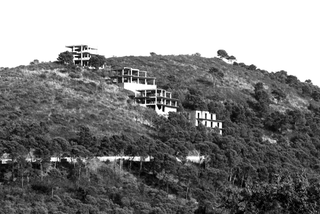
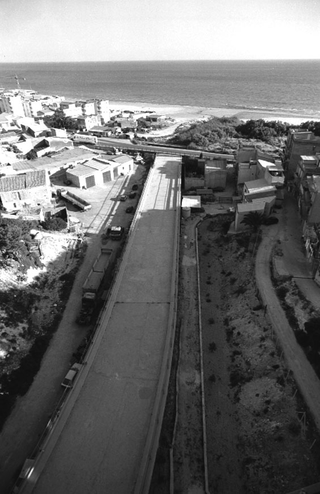
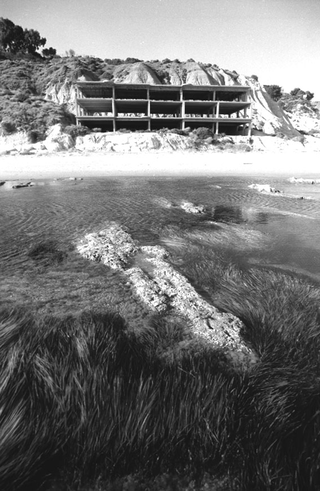
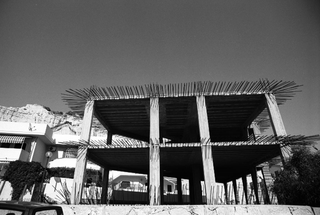
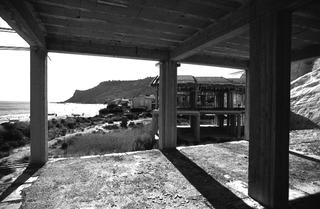
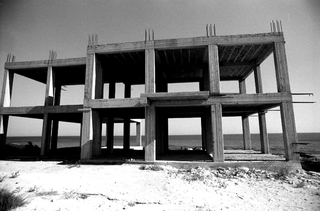
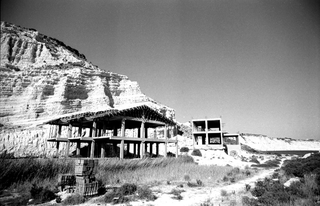
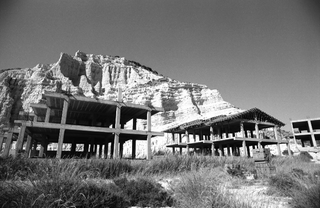
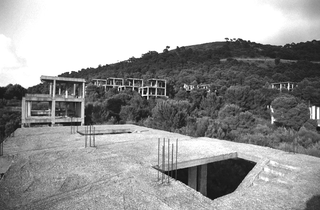
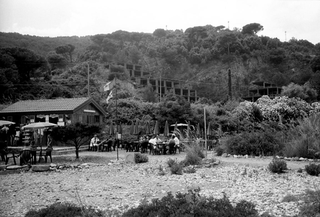
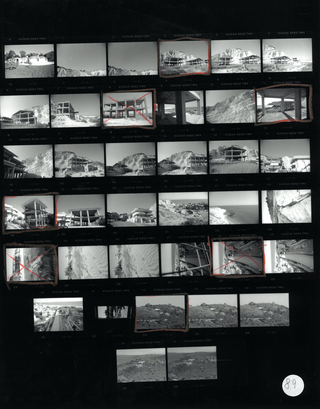
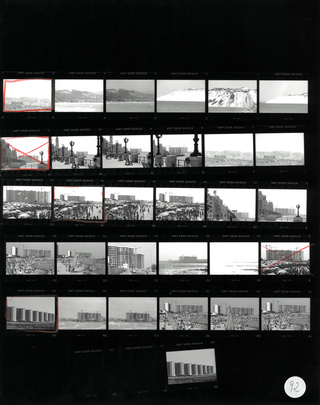
Social
Contatti
archivio@carloorsi.com